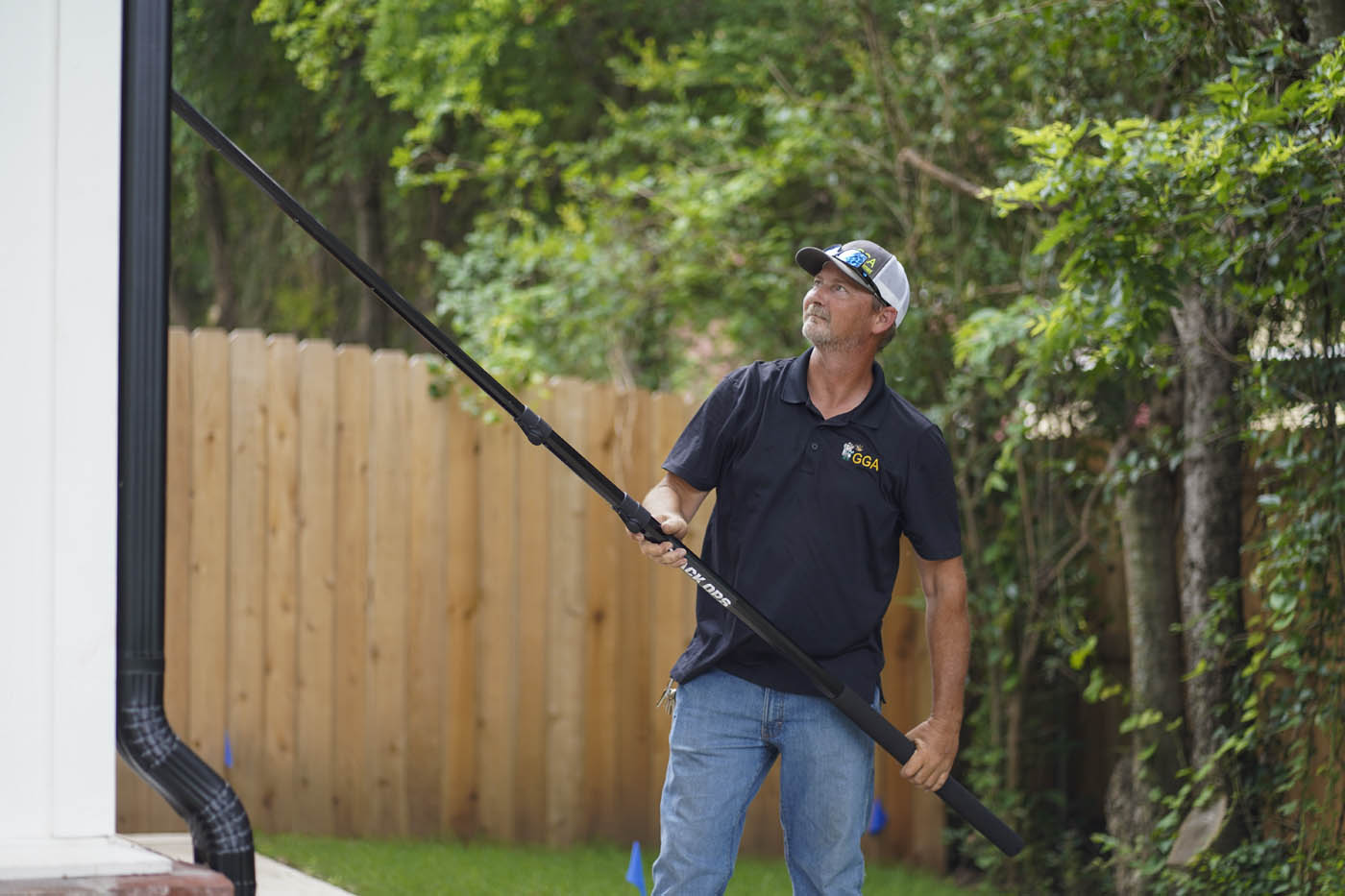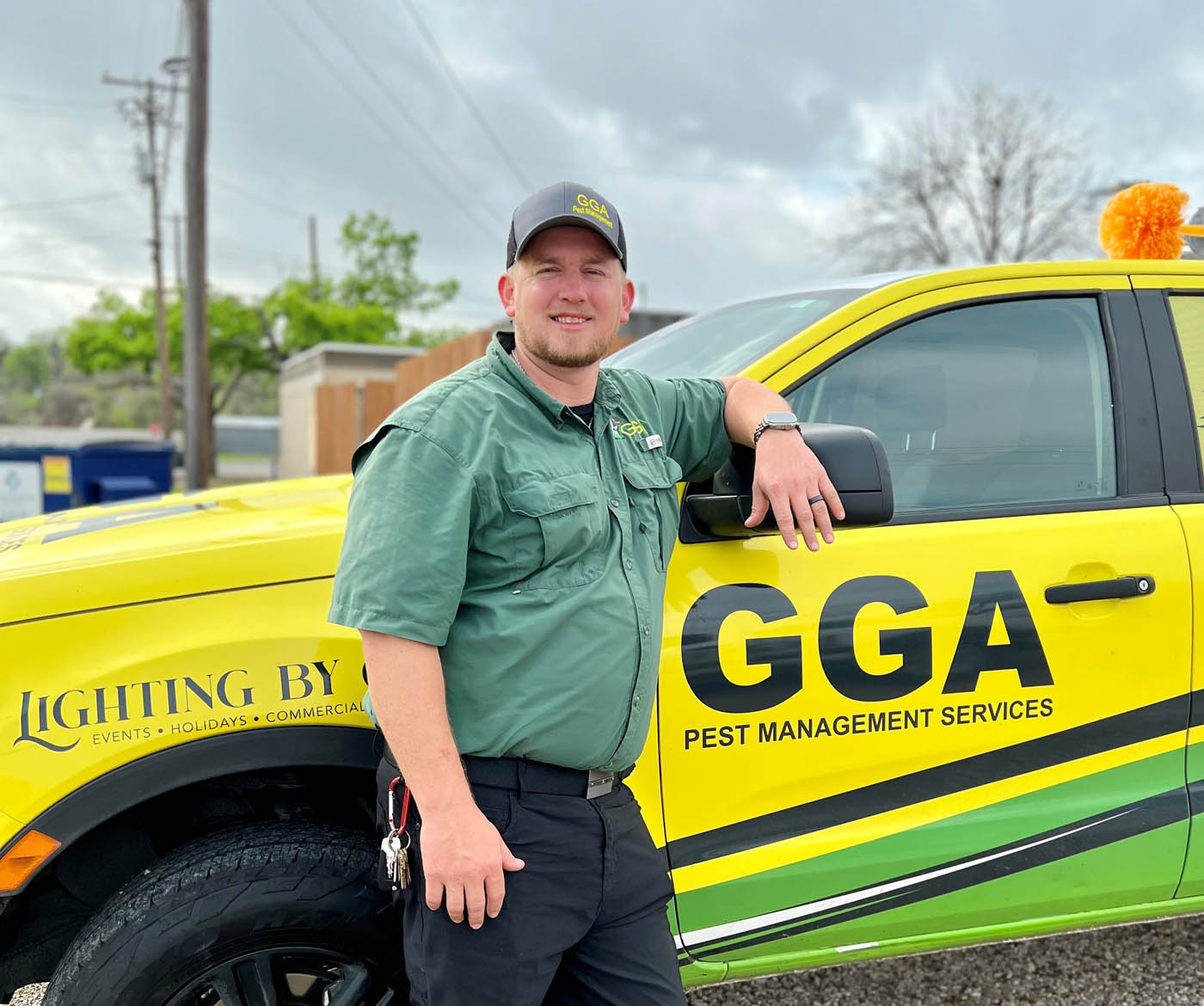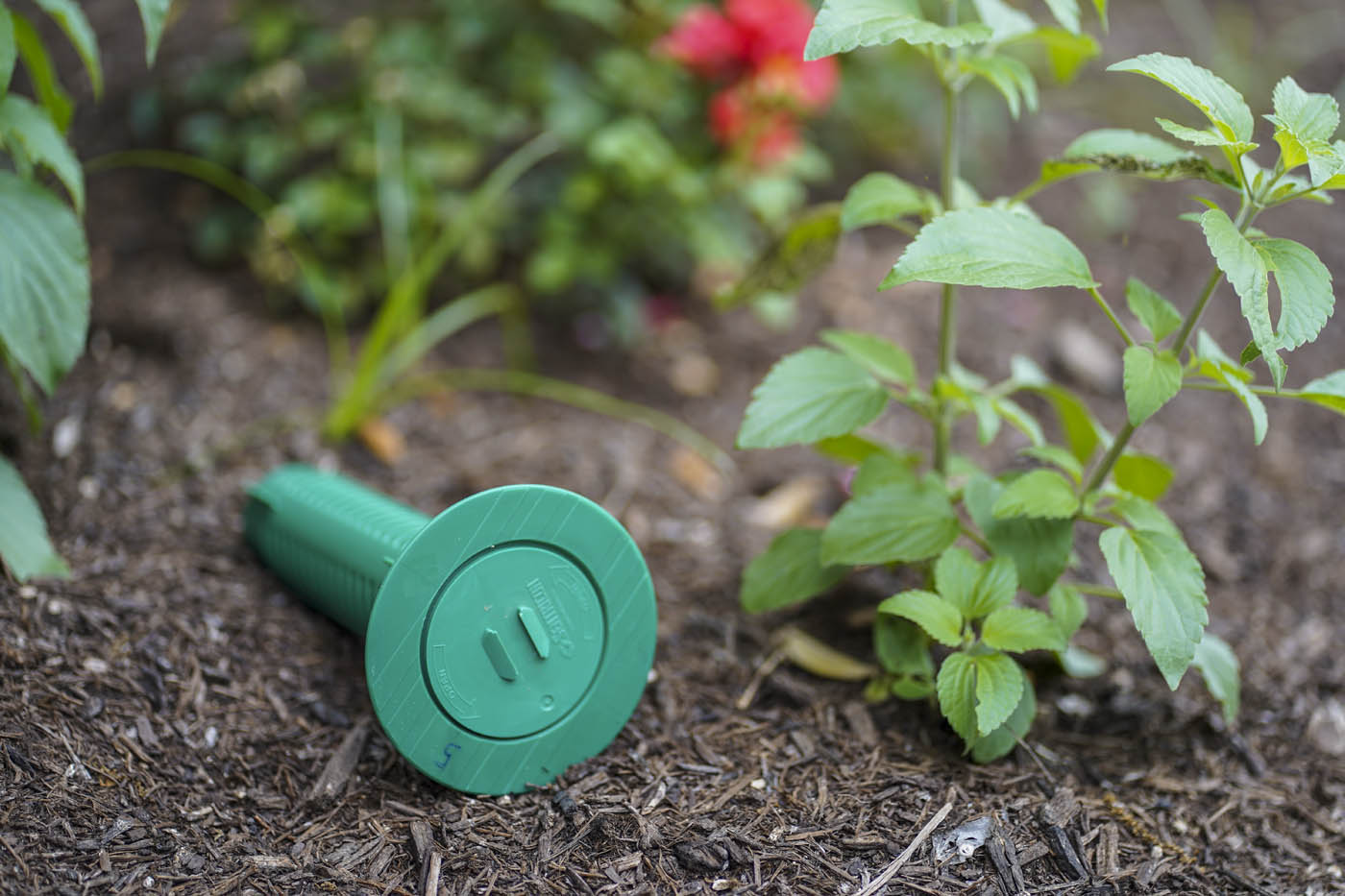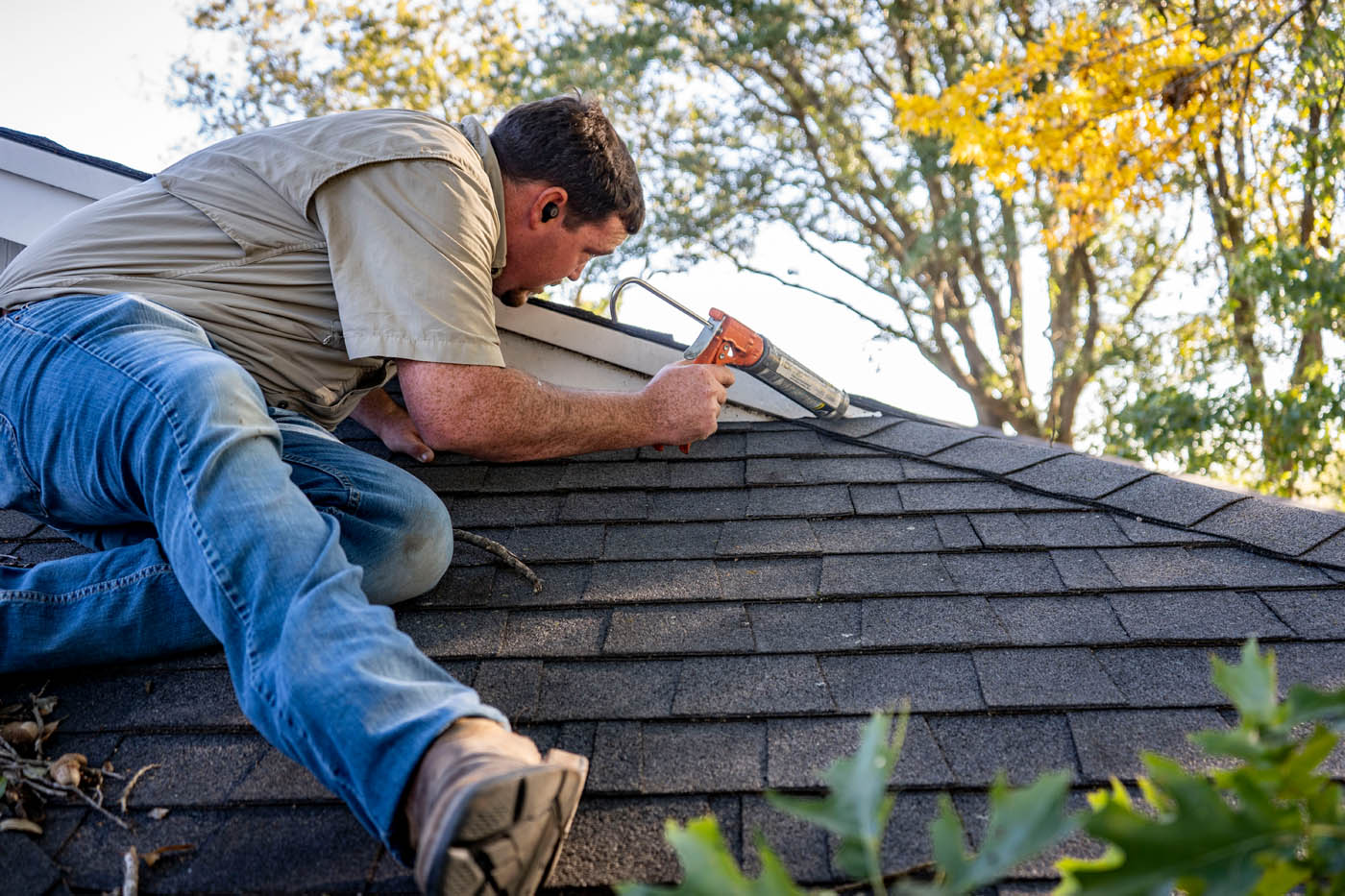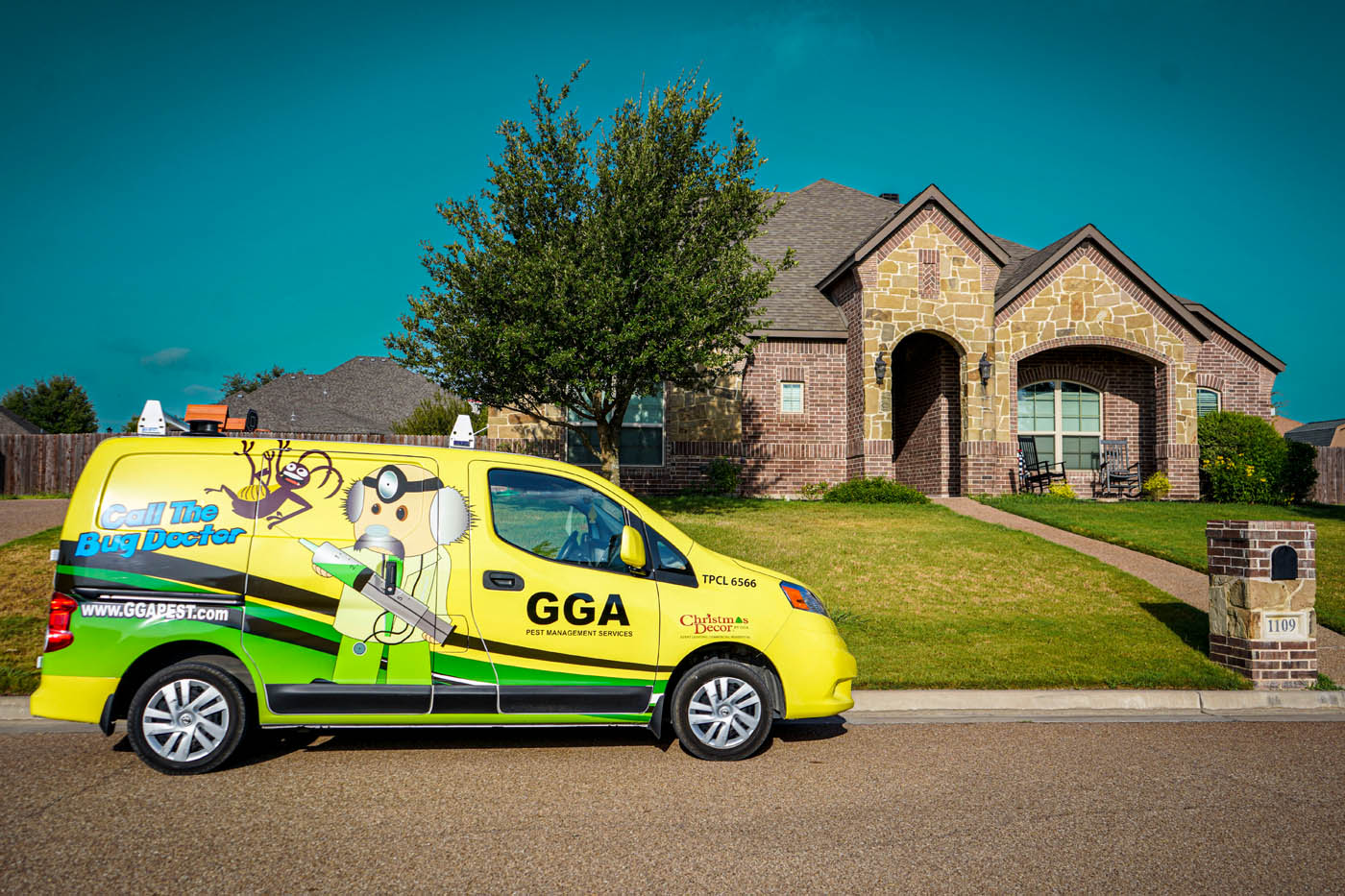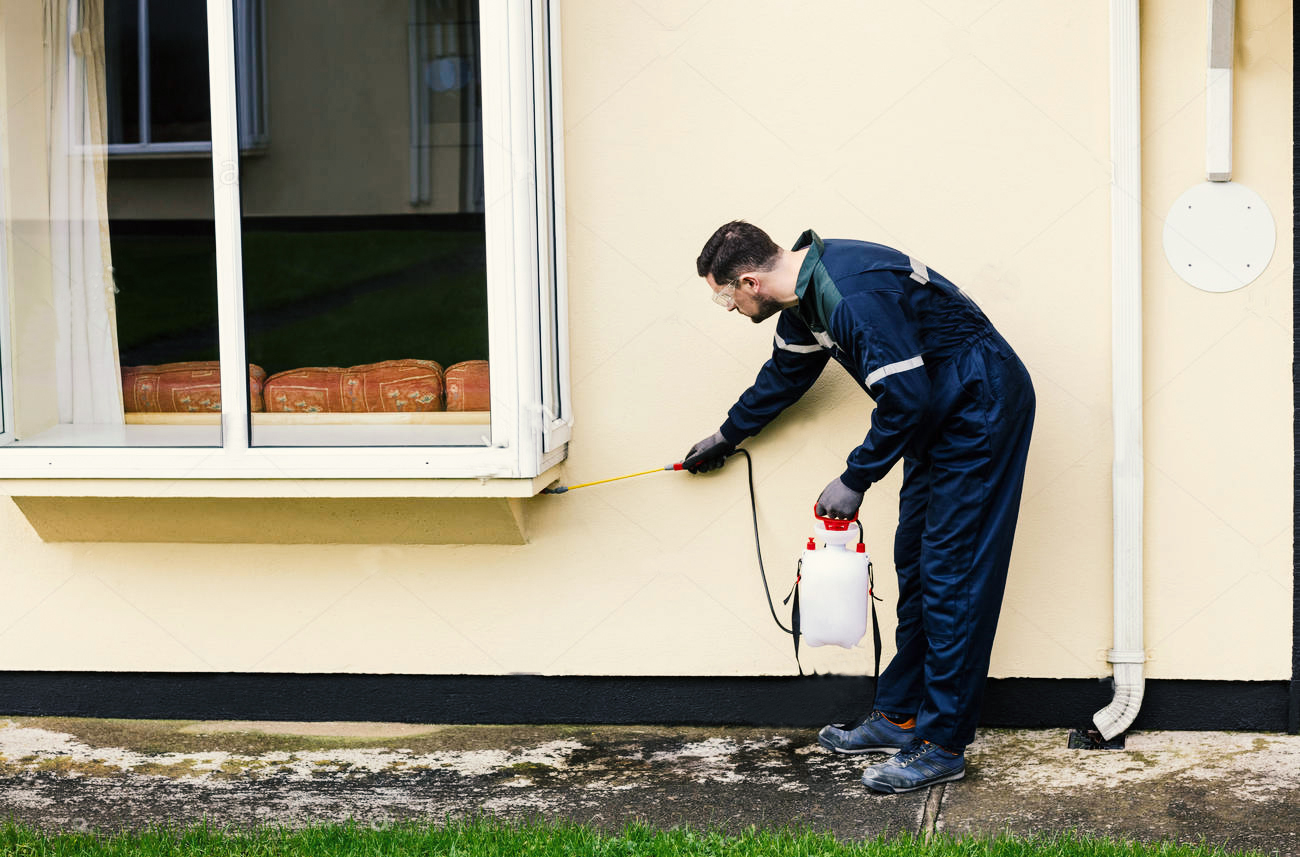
DIY Pest Control Risks To Be Aware Of.
January 14, 2021
As you know, when pests invade your home, it creates risks for you and your family. Bacteria and disease typically accompany pests and rodents, making pest control an absolute necessity. However, most have the temptation to try and take care of the pest problem themselves. There is a lot of do-it-yourself pest control "quick fixes" on the internet. Some of which that even claim to be as effective as a professional pest control treatment. Before choosing this option, there are a few DIY pest control risks to be aware of. DIY Pest Control Risks Concerning Safety & Health There are numerous safety and health risks associated with trying to remove various pests on your own. Putting precautions in place is necessary to minimize any risks -- especially when dealing with pests such as bees & wasps. Wasps and bees are known to aggressively defend their nests. Thus, trying to remove their nests from your property by yourself can lead to problems, such as painful stings. If the nest happens to be in a hard to reach area, you'll more than likely need a ladder to reach it. Not only could you be stung while trying to retrieve it but falling is now a factor. Multiple stings can also lead to an unwanted (and pricey!) hospital or ER visit. Unlike bees, wasps and hornets do not actually lose their stingers, so they have the ability to sting you multiple times. Chemicals can be involved when administering pest control. It takes professional training and knowledge to administer the right chemicals and other pest control methods correctly and effectively. Those without proper training will often use too much of a chemical, usually with the mindset of "the more, the better." When in fact, this can actually create health problems by over inhaling, stepping on and tracking it through your home, and getting it on your hands.
DIY Pest Control Risks Concerning Safety & Health
There are numerous safety and health risks associated with trying to remove various pests on your own. Putting precautions in place is necessary to minimize any risks -- especially when dealing with pests such as bees & wasps.
Chemicals can be involved when administering pest control. It takes professional training and knowledge to administer the right chemicals and other pest control methods correctly and effectively. Those without proper training will often use too much of a chemical, usually with the mindset of "the more, the better." When in fact, this can actually create health problems by over inhaling, stepping on and tracking it through your home, and getting it on your hands.
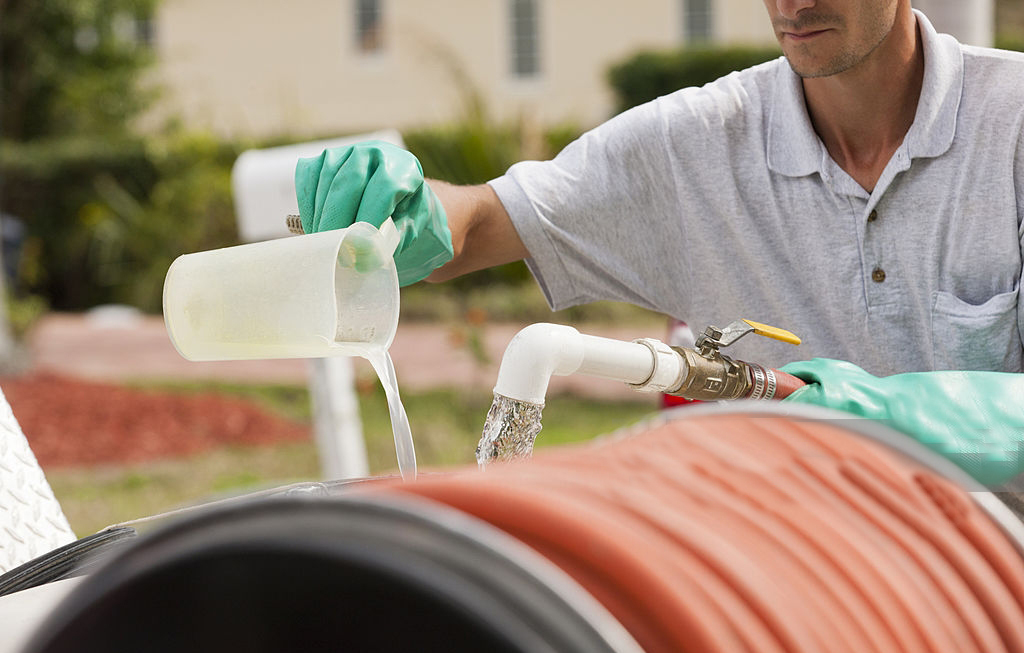
Using traps can also be a dangerous task. Rodent traps can leave dead mice and rats around your home and can be difficult to set. Not having experience can lead to injury when working with methods such as traps. For instance, they have the ability to snap shut and potentially break the bones in your fingers. Our team uses a much safer and more effective method.
